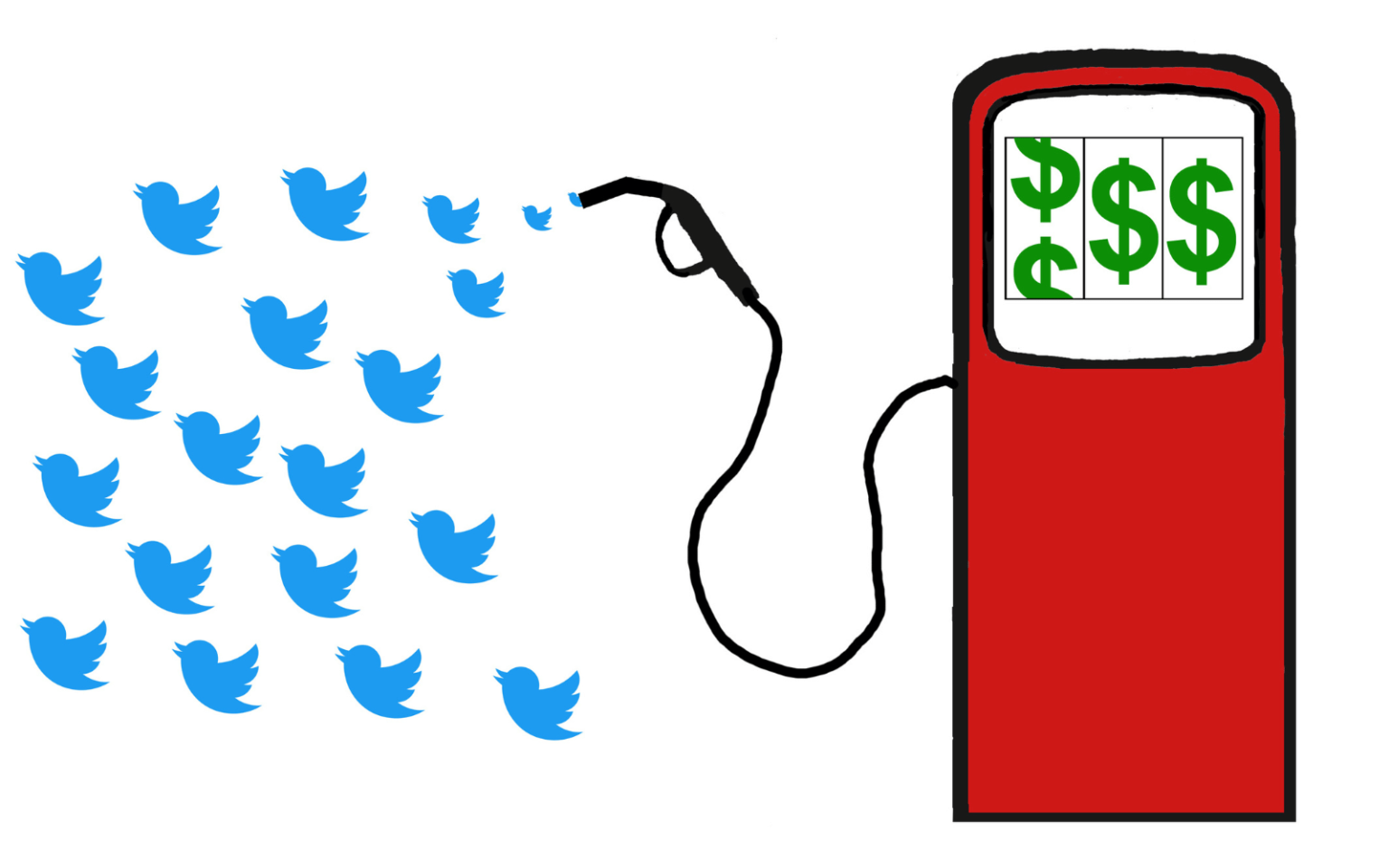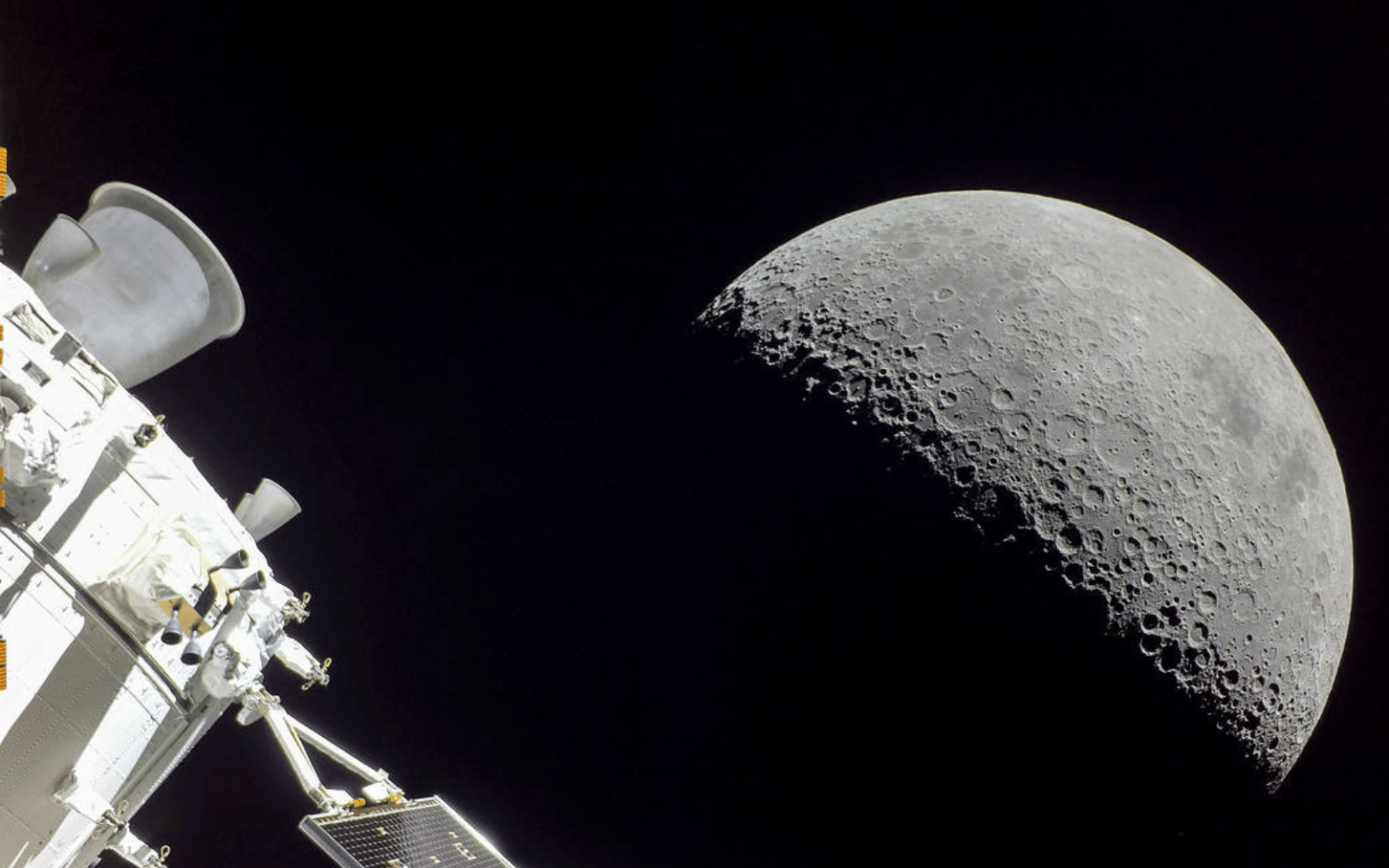A group of US scientists this week proposed an unorthodox scheme to combat global warming: creating large clouds of Moon dust in space to reflect sunlight and cool the Earth. In their plan, we would mine dust on the Moon and shoot it out towards the Sun. The dust would stay between the Sun and Earth for around a week, making sunlight around 2% dimmer at Earth’s surface, after which it would disperse and we would shoot out more dust. The proposal, which involves launching some 10 million tonnes of Moon dust into space each year, is in some ways ingenious –…
Author: The Conversation
Humans are naturally afraid of the dark. We sometimes imagine monsters under the bed and walk faster down unlit streets at night. To conquer our fears, we may leave a night light on to scare away the monsters and a light over the porch to deter break-ins. Yet, in huddling for safety under our pools of light, we have lost our connection to the night sky. Star counts by public awareness campaign Globe at Night revealed that, between 2011 and 2022, the world’s night sky more than doubled in artificial brightness. Yet local interventions can create meaningful change. Light pollution is cutting us…
The buzz around artificial intelligence (AI) technologies like ChatGPT is palpable. People are both optimistic and frightened by the possibilities of these tools. Clearly, these technologies will change how people write. But in terms of what people write, these technologies seem to be embracing the status quo. In fact, the way these tools are currently built appears to homogenise writing – making everything sound the same. And writing that sounds the same is not just boring; it also perpetuates inequity. When writing tools prioritise one way of writing over another, they reinforce existing hierarchies that unfairly position Standard American English (SAE) and the Queen’s English over other languages…
Twitter is ending free access to its application programming interface, or API. An API serves as a software “middleman” allowing two applications to talk to each other. An API is an accessible way to collect and share data within and across organizations. For example, researchers at universities unaffiliated with Twitter can collect tweets and other data from Twitter through their API. Starting Feb. 9, 2023, those wanting access to Twitter’s API will have to pay. The company is looking for ways to increase revenue to reverse its financial slide, and Elon Musk claimed that the API has been abused by scammers. This cost is…
Today, if you want to find a good moving company, you might ask your favourite search engine – Google, Bing, or DuckDuckGo perhaps – for some advice. After wading past half a page of adverts, you get a load of links to articles on moving companies. You click on one of the links and finally read about how to pick a good ’un. But not for much longer. In a major reveal this week, Google announced plans to add its latest AI chatbot, LaMDA, to the Google search engine. The chatbot has been called the “Bard”. I hope William Shakespeare’s descendants sue.…
ChatGPT has taken the world by storm. Within two months of its release it reached 100 million active users, making it the fastest-growing consumer application ever launched. Users are attracted to the tool’s advanced capabilities – and concerned by its potential to cause disruption in various sectors. A much less discussed implication is the privacy risks ChatGPT poses to each and every one of us. Just yesterday, Google unveiled its own conversational AI called Bard, and others will surely follow. Technology companies working on AI have well and truly entered an arms race. The problem is it’s fuelled by our personal data. Read more: Everyone’s having a field…
Scientists and government agencies have been worried about the space junk surrounding Earth for decades. But humanity’s starry ambitions are farther reaching than the space just around Earth. Ever since the 1960s with the launch of the Apollo program and the emergence of the space race between the U.S. and Soviet Union, people have been leaving trash around the Moon, too. Today, experts estimate that there are a few dozen pieces of space junk like spent rocket bodies, defunct satellites and mission-related debris orbiting in cislunar space – the space between Earth and the Moon and the area around the Moon. While…
The generative AI industry will be worth about A$22 trillion by 2030, according to the CSIRO. These systems – of which ChatGPT is currently the best known – can write essays and code, generate music and artwork, and have entire conversations. But what happens when they’re turned to illegal uses? Last week, the streaming community was rocked by a headline that links back to the misuse of generative AI. Popular Twitch streamer Atrioc issued an apology video, teary eyed, after being caught viewing pornography with the superimposed faces of other women streamers. The “deepfake” technology needed to Photoshop a celebrity’s head on a porn actor’s body has been around…
The COVID-19 pandemic has led to a question that would have been unthinkable a few years ago: do we really need to be in the office all the time? At the height of the pandemic, working remotely was viewed as a safeguard, protecting employees from the spread of infections. Over time a consensus has developed that working remotely has had benefits but has also raised health concerns. To provide some answers to the question, I did research on the experience of working remotely from the perspective of 23 female middle managers working in the South African public service. It was clear that remote work had…
The spread of misinformation is a major problem impacting many areas of society from public health, to science and even democracy itself. But online misinformation is a problem that is very difficult to address. Policing social media is like playing an infinite game of whack-a-mole. Even if we could address one type of misinformation, others quickly spring up in its place. Furthermore, there are valid concerns about how governments and corporations might address this problem and the dangers of censorship. Talking to experts We wanted to determine how people could best protect themselves from misinformation online, so in a recent project, funded by…










